Let’s get one thing straight: you don’t have to burn down a building to start a revolution. Sometimes a revolution looks like a chipped coffee mug you refuse to throw away because it reminds you that things don’t have to be perfect to be precious. Sometimes it’s walking out of a store because the vibes are off. Sometimes it’s telling yourself no, I’m not gonna be chill about this and saying what you actually mean.
Tiny rebellions don’t always make headlines. They don’t always trend. They don’t even always feel good in the moment. But they matter. They are the little tectonic shifts under the surface that eventually crack everything open.
The world wants you to believe you’re powerless. That if you aren’t out there leading marches or building startups by the time you’re 23, you’re nothing but a background character in your own life. That’s a lie designed to make you stay small and easy to manage. The truth is, every tiny decision you make to honour yourself—especially when no one’s watching—is a middle finger to the system that profits off your silence.
Here are a few tiny rebellions you can start today, no approval stamp necessary:
1. Romanticize the Hell Out of Your Life
Yes, the world is literally on fire. Yes, capitalism is a vampire. Yes, you still have bills to pay and people to text back and socks to match. But you are still allowed to make things beautiful.
You are allowed to dance while you brush your teeth. You are allowed to light a candle at 2 p.m. because it smells like citrus and rebellion. You are allowed to put stickers on your laptop like you’re a 12-year-old designing her dream trapper keeper.
Making life beautiful when everything around you feels ugly isn’t denial. It’s defence. It’s saying, you don’t get to take my joy too.
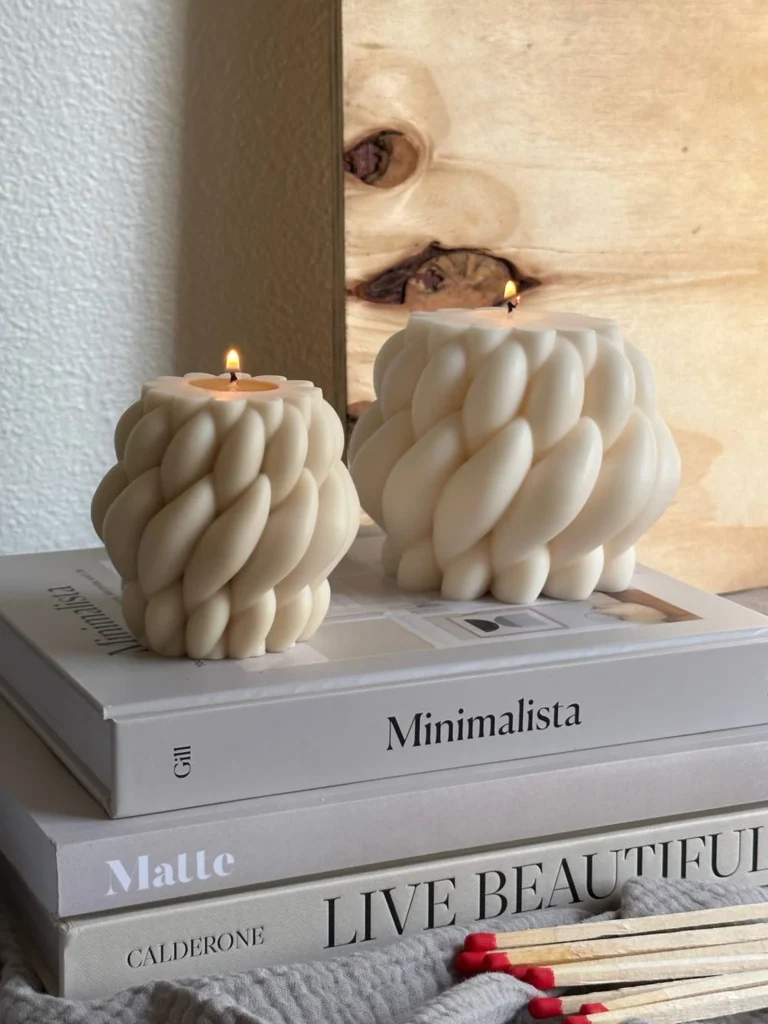
2. Choose Slowness on Purpose
There’s a reason everything feels frantic. Fast is profitable. Fast is easy to control. Fast makes you think you don’t have time to ask “Do I even want this?”
A tiny rebellion: go slow.
Walk slower. Eat slower. Write long rambling texts instead of liking someone’s post. Slow down enough to be with yourself in all your inconvenient, complicated, wonderful glory.
Slowness is dangerous to a system that wants you exhausted.
(If you need backup for this, see the Slow Living Manifesto — it’s a thing, and it’s magic.)
Make time your co-conspirator.
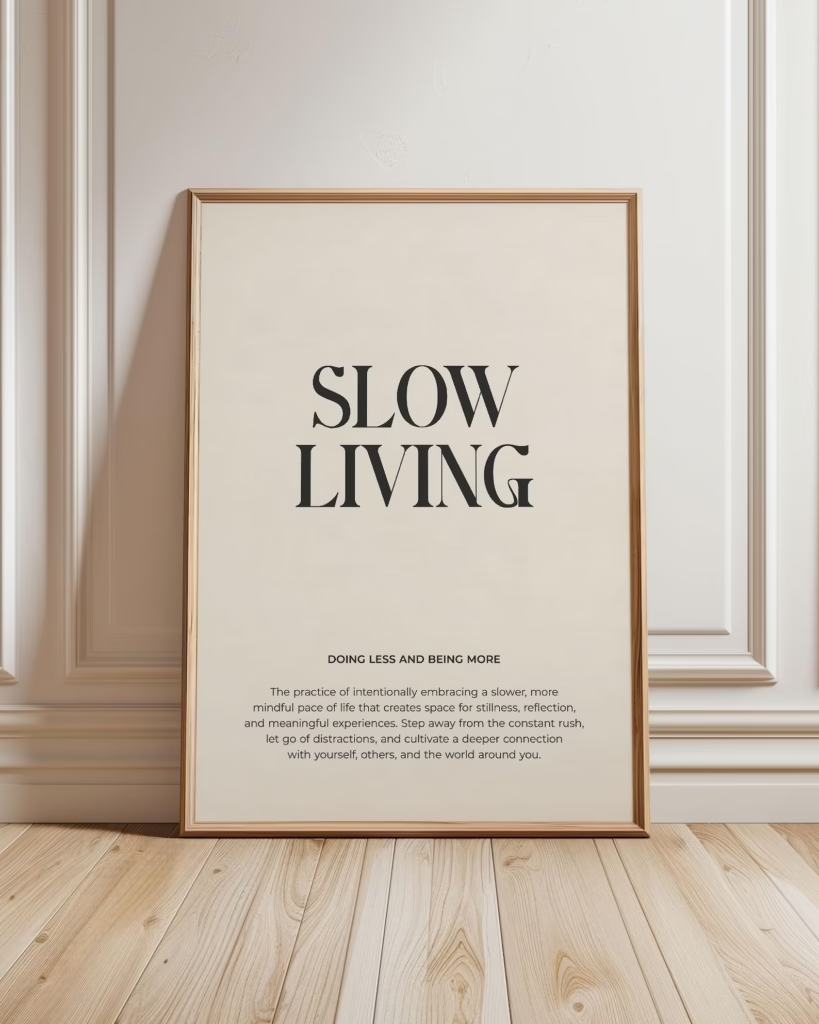
3. Care Loudly and Weirdly
Caring is punk. Caring when you’re supposed to be cynical is radical. Saying “I love you” first is radical. Getting genuinely excited about stupid little things, like someone’s new jacket or the way the light hits the floor at the magic hour, is radical.
Caring makes you vulnerable. But it also makes you unkillable in a world that thrives on numbness.
Start a gratitude journal if you want—but make it feral. Thank the trash-fire friends who drove you home at 2 a.m. Thank your past self for that haircut you only survived for two weeks. Thank your future self for refusing to quit when everything felt stupid and small.

4. Refuse to Be Good at Everything
Guess what? You don’t have to be a “girlboss.” You don’t have to optimize your hobbies into side hustles. You don’t have to be the best at anything.
Let yourself suck at stuff. Draw weird comics that nobody but your cat will see. Write messy poems. Bake lumpy cookies.
Being bad at something—and doing it anyway—is the opposite of performative productivity. It’s a declaration that your worth is not attached to applause.
(PS: If you’re feeling inspired, why not make your own zine about it? It doesn’t have to be pretty.)
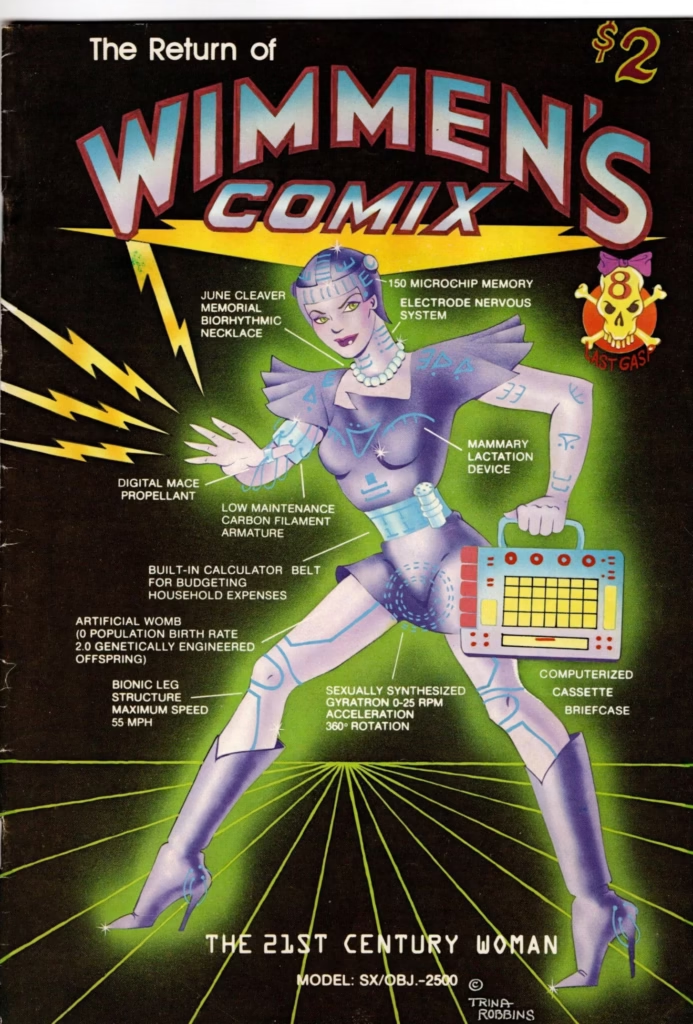
5. Question Every “Should”
“I should go to this party.”
“I should apply for that internship.”
“I should be better at keeping up with news / friends / skincare / my 10-year plan.”
Should is often just fear wearing a fake mustache.
Tiny rebellion: replace “should” with “want.”
Want to go to the party? Cool. Don’t want to? Cool. Want to stay home and build a LEGO Millennium Falcon while eating pizza? Cool as hell.
You don’t owe anybody a curated version of yourself. You are not a brand. You’re a person. You get to want things. You get to say no.
(And if you need a pep talk about building your weird life from scratch, check out Sarah Schulman’s “Gentrification of the Mind” — it’ll light a fire under you.)

6. Find Your Tiny Communities
You don’t need 100K followers. You need a handful of real ones.
Find the people who get hyped about your tiny victories. Find the ones who’ll DM you bad memes at 3 a.m. Find the ones who’ll tell you you’re being an asshole and still walk you home after.
Tiny rebellion: build tiny worlds. Private group chats, zine swaps, secret playlists. A real connection will always outlast an algorithm.

7. Protect Your Weird
The older you get, the more the world tries to sand off your weird edges.
Fight it.
If you were a horse girl at nine, you’re still a horse girl at heart. If you loved sticker books or bubble letters or haunted houses or making fake radio shows with a tape recorder—you still love them.
Your weirdness is a homing beacon for other weirdos. If you hide it, you rob the world of finding you.
Protect your weird like it’s an endangered species. (Because it is.)

8. Rest Like You Mean It
Not the performative kind of “self care” where you buy expensive bath bombs and post about it. Real rest.
Ugly sweatpants, crumb-filled bed, forgetting how long you’ve been lying there kind of rest.
Burnout is not a personality trait. You don’t get a medal for running yourself into the ground.
Tiny rebellion: rest before you’re wrecked.
You deserve rest now. Not after you “earn it.”

What’s your tiny rebellion?
Tell us: the tiny, stubborn, beautiful ways you’re making your life your own. Drop a comment, reach out by email, or make a list and stick it to your mirror. Start small. Start loud. Start now.
→ Subscribe to The Edit
→ Submit Your Work
→ Follow @shezinemagazine

AXO (she/her) is a multidisciplinary creator, editor, and builder of feminist media ecosystems based in Toronto. She is the founder of She Zine Mag, Side Project Distro, BBLGM Club, and several other projects under the AXO&Co umbrella — each rooted in DIY culture, creative rebellion, and community care. Her work explores the intersection of craft, technology, and consciousness, with an emphasis on handmade ethics, neurodivergent creativity, and the politics of making. She is an advocate for accessible creativity and the power of small-scale cultural production to spark social change. Her practice merges punk, print, and digital media while refusing to separate the emotional from the practical. Above all, her work invites others to build creative lives that are thoughtful, defiant, and deeply handmade.












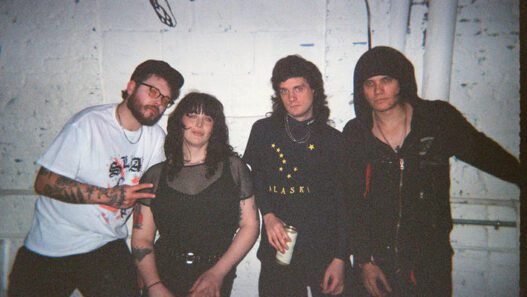



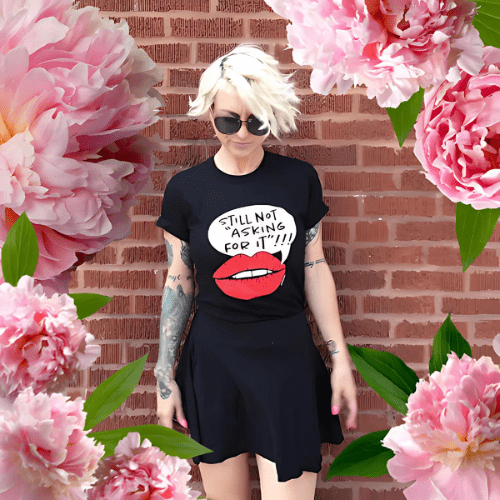









I couldn\’t agree more! Your post is a valuable resource that I\’ll be sharing with others.
Thank you, for your kind words. I\’m committed to maintaining the quality of my posts.
I\’m so glad I found your site. Your posts are consistently excellent.